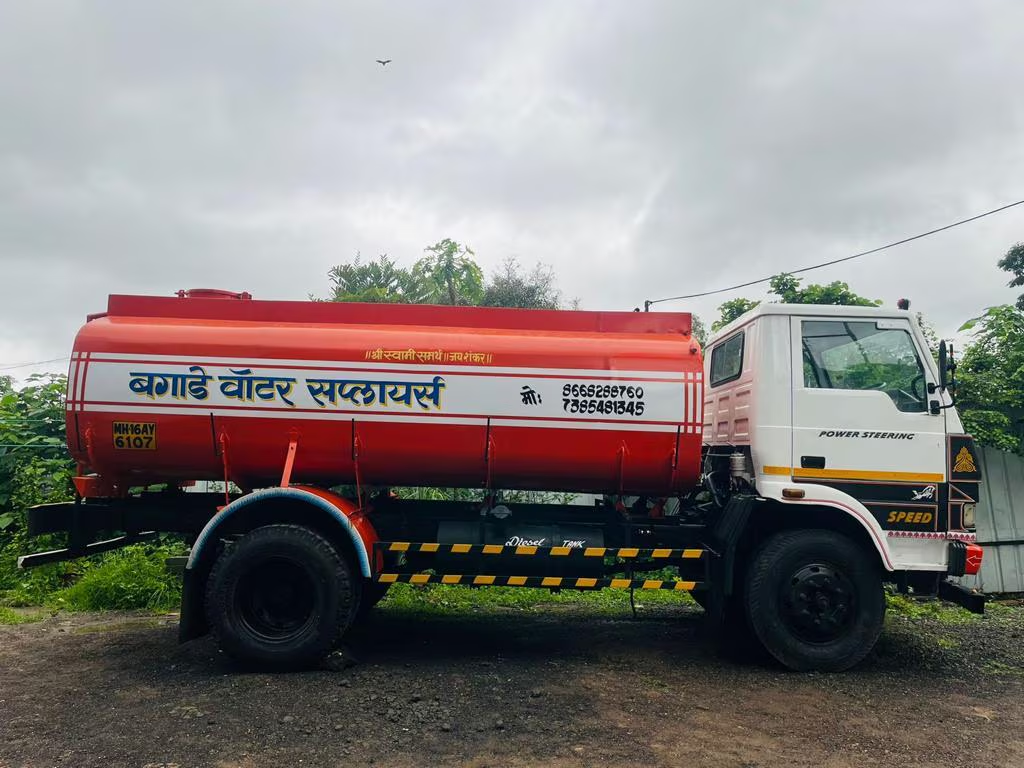PMC Faces Pressure as Water Tanker Demands Surge
The increasing demand for water tankers in Pune highlights the city’s ongoing struggles with its water supply infrastructure, particularly in its newly merged areas. The Pune Municipal Corporation (PMC) has reported a notable rise in tanker trips, with January seeing 40,000 trips, up by 4,000 compared to December, and February expected to exceed 42,000. This surge coincides with rising temperatures, and while PMC officials maintain that the demand is typical for this time of year, the data underscores deeper issues related to both water availability and distribution.
For residents in newly merged areas, the situation is particularly dire. Despite paying property taxes, many are left relying on costly water tankers, which they claim offer an unreliable service. The water quality supplied by these tankers is also under scrutiny, especially in the wake of the gastroenteritis outbreak that has led to the deaths of 11 people in Pune. While PMC officials assert that water from tanker services is treated and chlorinated to meet safety standards, residents in areas like Khadakwasla remain unconvinced, citing concerns about contamination.
The city’s four primary dams currently hold 17.61 TMC (thousand million cubic feet) of water, amounting to 60% of their capacity. However, this available supply is insufficient to meet the growing demand. The issue has sparked frustration among residents who argue that, despite the promise of infrastructure projects aimed at improving the supply network, these projects have either been delayed or are yet to show tangible results.
The problem is compounded in the merged areas, where essential infrastructure such as pipeline water supply remains underdeveloped, even eight years after these regions were integrated into the PMC jurisdiction. Residents of these areas, such as Shrirang Chavan from Dhayari, have voiced their dissatisfaction, questioning why funds collected through property taxes have not been directed towards resolving these issues.
To address the growing concern, PMC officials have acknowledged the problem and are now collecting detailed data on tanker demand, particularly in the merged areas. This data will inform both short-term and long-term plans, including the development of a ‘master plan for water supply infrastructure’ that was drafted in 2022. This plan, which is already being executed in some areas like Bavdhan, will roll out in phases and is expected to be fully implemented by 2027.
Despite these efforts, the ongoing reliance on water tankers remains a pressing challenge, with residents continuing to bear the brunt of an inadequate supply system. As PMC works towards improving infrastructure, the issue of water scarcity and tanker dependency is unlikely to subside in the short term.



